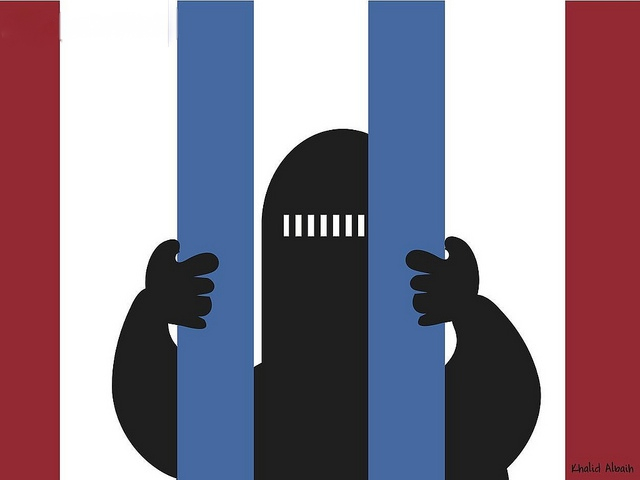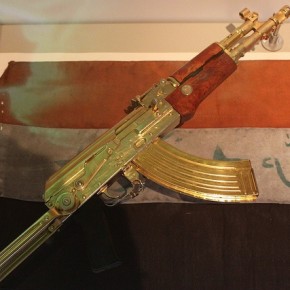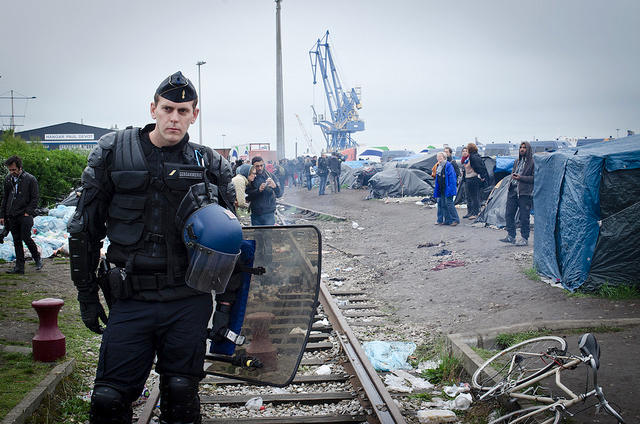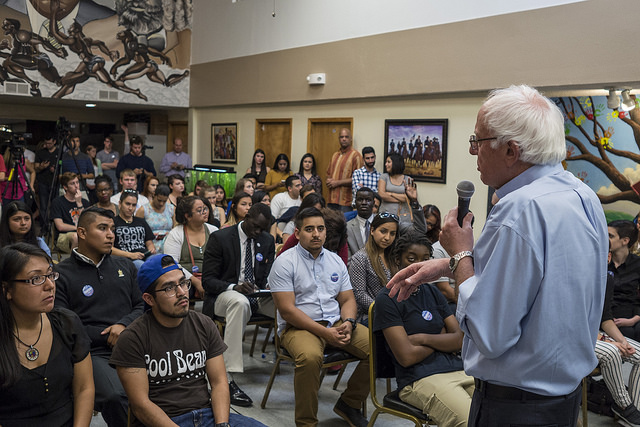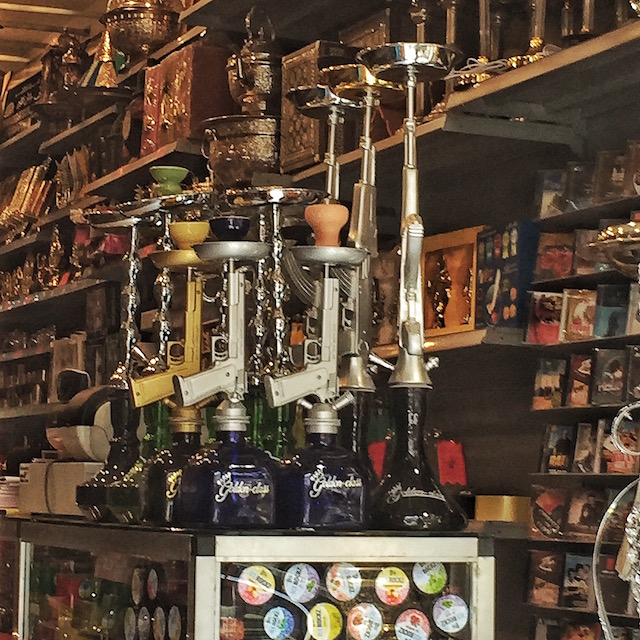The mood was jubilant at Mohamed Merah’s wake. His mother sat at home greeting enthusiastic mourners. “Be proud!” They said. “Your son has brought France to its knees!” The celebratory atmosphere only ended when Merah’s older brother Abdelgani screamed: “My brother is not a hero! He is a common assassin!” The 36-year-old Merah would eventually write a book about how his 23-year-old little brother became “Merah the monster.” It was his objective to counteract what he saw as a bizarre veneration of Mohamed’s shooting of seven people in Toulouse, a city in southwestern France.
When did Mohamed become a jihadist? Like other people in his life, Abdelgani isn’t quite sure. However, he is certain about what factors helped push him there: an “atmosphere of racism and hatred,” which many French Muslims are familiar with in the country, especially if they’re Algerian. He goes a bit further, though. Abdelgani also discusses domestic violence and severe neglect. Their father beat his children and abandoned the family when Mohamed was four, in order to pursue life as a drug dealer. He was eventually jailed. Their mother ignored Mohamed, leaving him home alone in front of the TV, and never visiting him when he was placed in professional care. Abdelgani believes that this denial of maternal affection made Mohamed “mad with unhappiness,” which he figures is probably why he became an enraged thief who was vulnerable to the anti-Semitism of his other siblings.
This doesn’t indicate a future jihadist, though. French lawyer Christopher Etlin had represented Mohamed in the past, and although he characterized him as troubled, Etlin never saw any reason to believe that he was “radicalized.” Neither did many of his friends. His family members have stated that Mohamed never even seemed particularly interested in Islam. When did the transformation happen, then? Again, we can’t be sure, but we can take a guess. Mohamed most likely began to make the shift during his second prison stint in 2009 (he was serving time for driving infractions.) This was apparently when he began reading the Qu’ran passionately, but it also fits with a tendency for criminals to adopt religious zealotry in jail. Irrespective of the faith, such violent and highly policed settings frequently inspire equally severe responses.
After he left prison, Mohamed eventually traveled to Pakistan and Afghanistan. There, he apparently joined al-Qaida and trained to become a terrorist; at least, that is what Mohamed told the police during a shootout. The scene must have been rather theatrical for him. After all, screaming at the French police that he was an al-Qaida member probably made him feel powerful and intimidating. This must have been especially satisfying because of how present the police were in Mohamed’s life: they harassed him regularly, imprisoned his father, jailed Mohamed twice, and when he was a minor, charged him in juvenile court more than a dozen times.
Mohamed probably enjoyed how much he scared them. Others definitely found pleasure in it. Many people in Mohamed’s community applauded his example, which is why some of them adored his mother for raising the child that “brought France to its knees.” These are French who constantly feel as though they are on their own knees, so naturally, they are inclined to celebrate seeing the state join them. The violent story of Mohamed killing seven people and then shooting heavy weapons at the police is fantastical enough that it provides some brief catharsis. But this imagery necessarily glosses over the raw betrayal that Mohamed likely felt.

Mohamed was probably always overwhelmed by feelings of loneliness and abandonment as a result of how his parents rejected him. The fact that this happened at the same time as he experienced intense racism and poverty as a child of Algerian immigrants was a perfect storm. The two started to complement each other. Mohamed saw his dark family life in the discrimination he experienced, just as much as being turned away from the French armed forces twice reminded him of how his parents never thought he was good enough, either. Quickly, his denied ability to experience an accepting community turned to anger, and this is what framed the appeal of jihad. Similar to joining a gang, it allowed him to go abroad and experience a sense of belonging and purpose that he could not find in France.
In the days following his violent standoff with French police, the country was terrified at the sight of Mohamed’s face grimacing from magazine covers and newspaper pages. He appeared to verify even the most wildly Islamophobic rhetoric. Maybe Muslim immigrants really were a ticking time-bomb: either as criminals, or criminal-cum-jihadists. This fear has set in yet again with the arrest of 29-year-old Mehdi Nemmouche, who is believed to have killed three people in a shooting at the Jewish Museum in Brussels (a fourth victim has been deemed ‘clinically brain dead.’) Mehdi’s life sounds alarmingly similar to Mohamed’s. A dual Algerian-French national, he was raised in an unstable home, became noted for his religious fanaticism while in prison, and was even seen as being areligious before he joined the Islamic State in Iraq and the Levant and fought in the Syrian civil war. For Mehdi, jihad probably had the same appeal as it did for Mohamed: it allowed him to vent his aggression at a repressive system, and also gave him a sense of community.
Earlier this year, French Interior Minister Bernard Cazeneuve actually outlined a comprehensive plan for stopping French youths from becoming jihadists and fighting in the Syrian civil war. It includes firm measures on combatting everything from “cyber-radicalization,” which is allegedly “how it starts,” (when youths visit jihadist websites) to a public call-in line where concerned families can seek advice, and the prevention of potential fighters from flying out of French airports. This won’t fix the problem. It may catch a few potential militants, but it is far more likely to make things worse. Isn’t intense surveillance one of Muslim France’s main grievances in the first place? Why would more of it decrease radicalization? These are likely token measures meant to make it seem like the government is doing something, rather than tackling the real sources of the jihadist problem: racism and inequality.
If the French government really wants to stop jihadists, then it must recognize that it’s not just a question of undertaking more effective law enforcement. It needs to have a social policy that addresses the root causes of radicalization. Poverty and racism need to be confronted in order to stabilize people’s lives and allow Muslims to feel that they are a part of France. After all, these considerations affected everything in Mahomed’s and Mehdi’s lives: their deteriorating homes, their denied sense of national belonging, the crimes that landed them in jail. This is where France needs to stand its ground. Perhaps it could, if the governing Socialist Party actually pursued a multiculturalist and egalitarian economic agenda. Caught between President Francois Hollande’s lack of leadership, and Prime Minister Manuel Valls’ National Front-like rule of law mentality, it’s hard to imagine anything positive from the center left.
For the time being, we can expect more angry young people like Mehdi and Mohammed to terrorize France. They’re simply products of their environment, which is worsening by the day, fostering their own white French equivalents, as much as their Muslim French ones. Take the increasing popularity of the country’s xenophobic, extreme right. Following her overwhelming victory in the European parliamentary elections last month, Marine Le Pen is currently readying herself to lead the National Front to power, with some degree of confidence. Increasingly, French voters are convinced by her party’s arguments, scapegoating immigrants and Muslims for France’s failings. They claim that they have no work ethic, and are a drain on public resources. Such rhetoric is an obvious recipe for conflict. In the absence of a viable opposition, offering a convincing counter-argument, the response will always be reactionary. France’s jihadists are as much a reflection of its dying left, as it is the incitement of its racist right.
Photographs courtesy of Khalid Albaih and tangi bertin. Published under a Creative Commons License.
